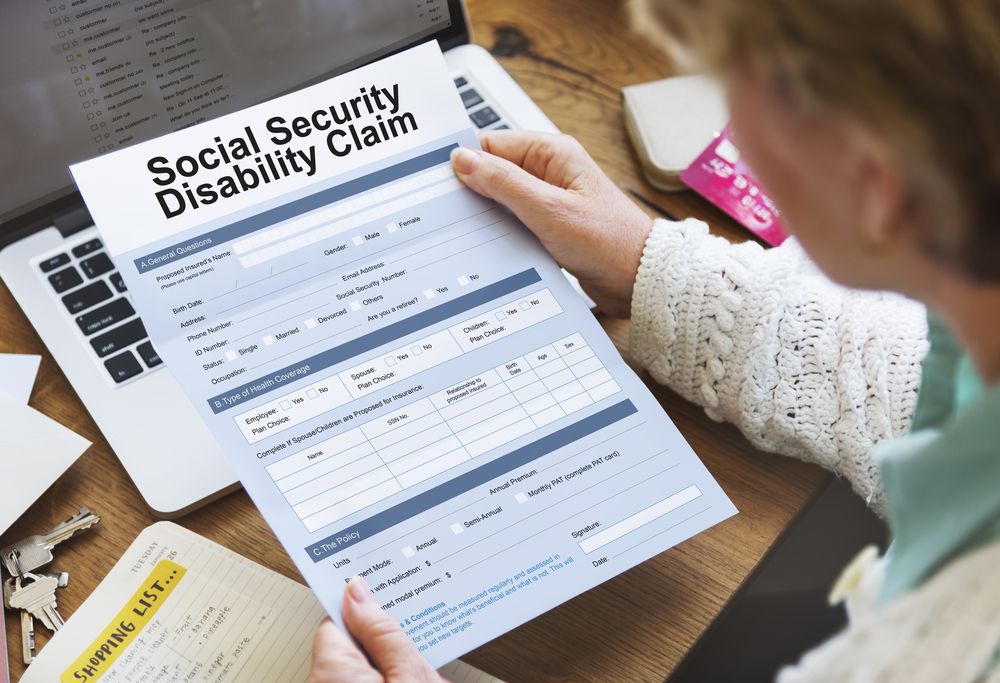Most people who apply for Social Security Disability Insurance are denied on their first attempt. Some estimates suggest that up to 70 percent of applicants are initially denied benefits. Knowing this, you should not feel completely discouraged by the denial. The appeals process is around for a reason, and you should be prepared for what this process entails.
The team at our Provo, UT law firm has helped clients without various types of lawsuits and legal issues. Below, we’ll briefly cover some reasons for denied Social Security Disability Insurance claims and offer a broad overview of the appeals process.
Reason for Denial of Social Security Disability
A few reasons for denial of your claim include:
- Technical Denial – If you are earning more at the moment than the substantial gainful activity limit or have not worked enough to qualify for benefits, you may be denied benefits for technical, non-medical reasons.
- Issues with Medical Treatment Documentation – If you do not provide full details of the medical treatment you’ve undergone, the name of the physician, and the location of the facility, the lack of records could contribute to the claim denial.
- Lack of Evidence of Disability – As part of the medical record documentation, it’s important that the nature and extent of your medical issues be recorded. If the recorded medical problems are not substantial enough, this could result in denial.
- Presence of “Bad Facts” – Certain information could make denial of your claim more likely, such as mentions of drug or alcohol abuse, or noting that you have been able to work despite your disability.
Request an Appeal within 60 Days of Denial
If you are denied Social Security Disability benefits, it’s important that you get the appeal process started right away. You have 60 days from the date of the denied claim to begin the appeals process. Follow the application instructions closely.
Make Sure You Have Proper Documentation
When appealing your claim, be sure to gather all of your medical documentation together. This will include all information on medical treatments, medications you’ve taken, and statements by your physician and other medical professionals regarding your injuries.
Reconsideration of Your Original Claim
The first step in the appeals process is a request for reconsideration. A different claims examiner will look at your initial claim and determine if the initial denial was in error. Keep in mind that up to 85 percent of reconsiderations are also denied.
Hearing Before an Administrative Law Judge
The next stage of appeal is a hearing before an actual administrative law judge. This hearing typically lasts 15 minutes to one hour. You may be asked about your limitation and how they prevent you from working.
Review by the Appeals Council
If the hearing does not go favorably, you may also seek a review of the administrative law judge’s ruling by an Appeals Council. Errors of a technical or substantial nature in the judge’s ruling might alter the case.
Federal Court Review
The final level of appeal is a lawsuit in federal court. This is only sought when all other options have been exhausted.
How a Lawyer Can Help You
As you can see, the appeals process can be an involved matter. Having a skilled attorney behind you during this process can make matters more manageable, and offer you peace of mind with regard to documentation and how to comport yourself during an actual hearing. This can prove invaluable if you want to make sure you are able to receive benefits for your injuries.
Contact Our Team of Attorneys
For more information about your legal rights and options regarding social security disability insurance, be sure to contact the attorneys of Flickinger • Boulton • Robson • Weeks. Our team is here to help you in your time of legal need.
